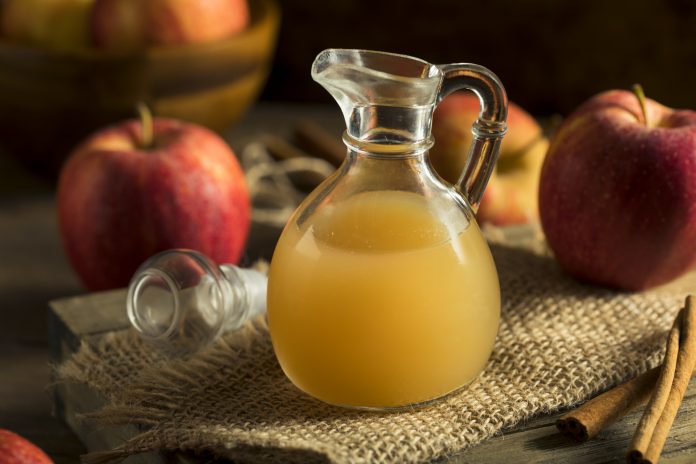Apple cider vinegar (ACV) has been a pillar of natural health since time immemorial. Consumed for over 5000 years, ACV’s seemingly endless list of applications and health benefits have begotten it’s longstanding “cure-all” reputation.
The age-old ferment is now positioned to enter a new frontier in the Canadian marketplace: the Ready-To-Drink (RTD) beverage category. A handful of single-serve “drinking vinegars” have already appeared on US grocery shelves, delivering ACV’s health merits in a convenient grab-and-go format which checks two important boxes for millennial consumers: convenience and added health benefits.
With the kombucha market poised to grow 25% annually each of next three years, the demand for fermented, digestion-friendly beverages is trending up.
Drinking vinegars fit the bill. Their arrival in North America is equal parts innovation and rediscovery, as the new generation of drinking vinegars draws on a long history of “acidulated” beverages, cordials, and elixirs like kvass, switchel, and shrub. These popular digestive tonics, often flavoured with fruits, herbs, and spices, reached their heyday in 17th century Colonial America.
Like their historical predecessors, modern drinking vinegars are chock full of organic acids and enzymes which promote sound digestion and help maintain healthy blood sugar levels. They are also “Paleo” and “Keto”-compliant, and have become popular among adherents of these diets to help “cut through” rich and fatty meals.
SPOTLIGHT ON ACV QUALITY
Globally, apple cider vinegar is set to grow at a compound annual growth rate (CAGR) of 10% through 2020. As the category grows, product quality should become a major differentiating factor among competing brands. Here are a few considerations bound to enter apple cider vinegar consumer discourse:
ORGANIC APPLES
Apples rank #4 on the EWG’s “Dirty Dozen” list of heavily-sprayed fruits and vegetables. Conventionally (non-organic) grown apples are commonly treated with fungicides to prevent disease and rusts. Aside from the risk these chemicals pose to humans and their environment, they also interfere with the natural fermentation process required to produce high-quality ACV. As availability of organic apples is dependent on reliable harvests, vertically-integrated ACV brands that produce from their own orchards may have an advantage when it comes to product quality and consistency.
FRESH VS FROM-CONCENTRATE
Apple cider vinegar made from fresh apple cider produces a markedly different end-product than that produced from cooked and concentrated vinegar stock. The latter method of production has become increasingly common among ACV producers, and while both processes can technically claim to be raw and unpasteurized, for consumers the most familiar comparison between the two processes would be that of fresh-pressed juice vs. juice from concentrate.









